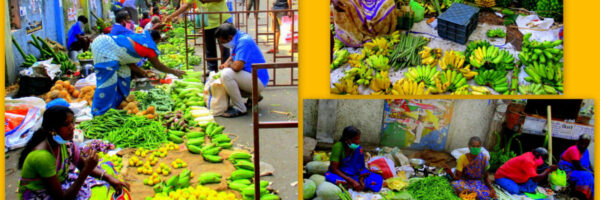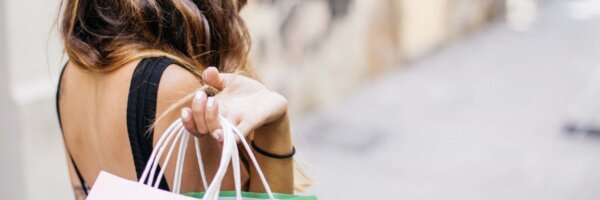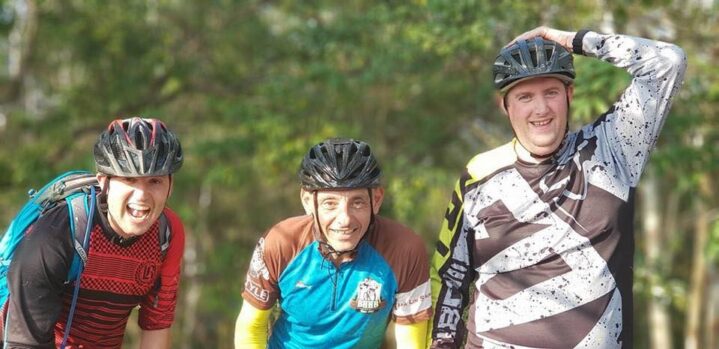
Dr. Osama Rajkhan, Professor of Bioethics and Integrative Health
We speak today to Dr. Osama Rajkhan, Professor of Bioethics and Integrative Health, American University of Sovereign Nations (AUSN), a new online U.S. based institute of higher education. He is one of the world’s leading experts on Bioethics, public health, political economy and demographics.
What brought you to Thailand the first time?
I was transferred on a promotion from the UN Office of the High Commissioner for Human Rights to the UN Economic and Social Commission for Asia and the Pacific in Bangkok. That was in June 2000 and my assignment was to work with the Programme Management team at UN ESCAP.
What changes have you seen over the decades?
A lot has changed. When I arrived in mid 2000, there were a handful of skyscrapers in Bangkok, like the Banyan Tree and the DTAC tower, dotting its business district. But when I moved to Kazakhstan 18 years later, Bangkok was in the Guinness book of records for the city with more than a 1,000 skyscrapers.
What has stayed the same?
The temples. Their golden spires are unique, timeless, and unchanging. The Thai people are religious and family oriented and Buddhism ties them together.
What are the most enjoyable things here for you?
Bangkok is a really great city with an amazing nightlife. Everyone smiles and there is always a party to go to with lots of locals and expats. There is always a new shopping mall, theatre, restaurant, café, art gallery or an exhibition to visit. So you are never lonely for company and excitement. Safe and affordable, the city is accessible as you can move easily by the BTS or taxi, or commute with a bicycle as I did most of the time and go out and return home anytime of the day or night.
You keep an impressive schedule of daily exercise. What philosophy are you using?
Movement decreases entropy (heat death) is my philosophy of mind. My grandmother, God bless her soul, used to tell me “movement is a blessing” and my experience confirmed this insight. This stayed with me during the growing years and the more I walked, ran, swam, bicycled, skied, and hiked, the more I understood the true essence of this insight and its importance for maintaining immune functions, especially since I lost my spleen at the age of 13.
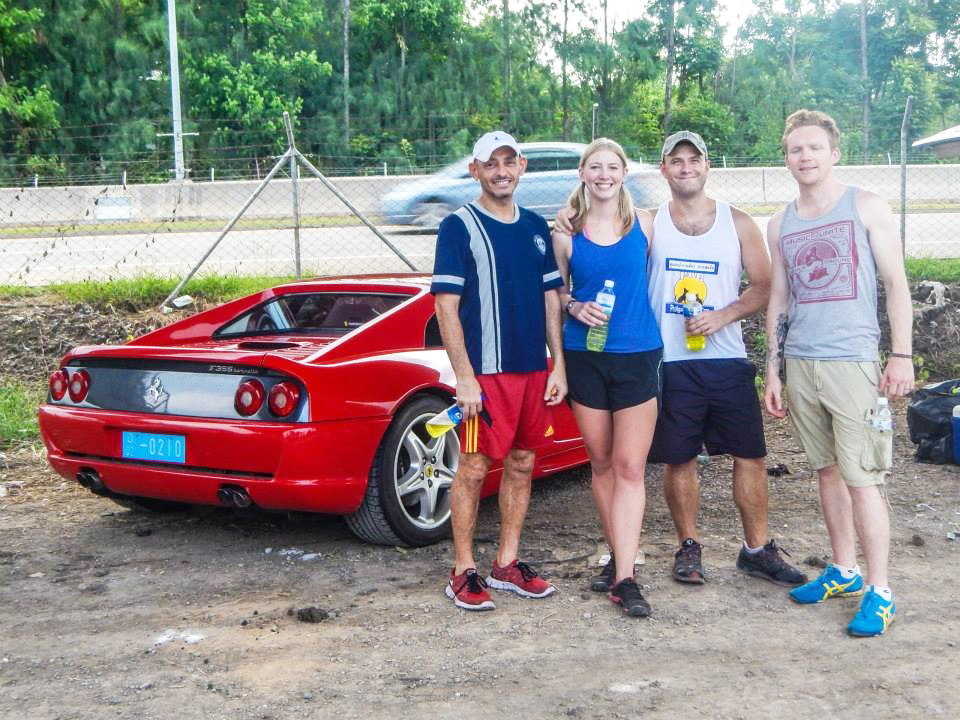
In what ways has Thailand changed you?
In many ways. Commuting to work by bicycle is perhaps my biggest lifestyle change compared to my previous duty station. Bicycles and cars travel at different speeds but in Bangkok traffic, two wheels actually has an advantage (22kph for a bicycle compared to 12kph for a car, according to the Royal Thai Department of Transportation). With a bicycle I cut my morning work commute from 45 to 15 minutes.
What have you learned about living here that you can share?
A lot. For one, the social scene is as important as one’s career prospects, after all, why do we work if it were not for a good life. like me, every expat I met in Thailand paid attention to social life. And Bangkok’s social life potential is surprisingly good compared to many capitals.
May I ask your favourite places to visit?
Hua Hin with a friend or Koh Samet Island when solo. Thailand offers tourists a million places to visit to meet all budgets and passions, and experience said you can go anywhere and be safe while travelling alone or with a friend. After riding my bicycle solo over the highways and through city alleyways (Sois) from top to bottom and from ocean to ocean, I got to know the country and its people pretty well, and if I had to rate anyone place for the top marks, I would struggle.
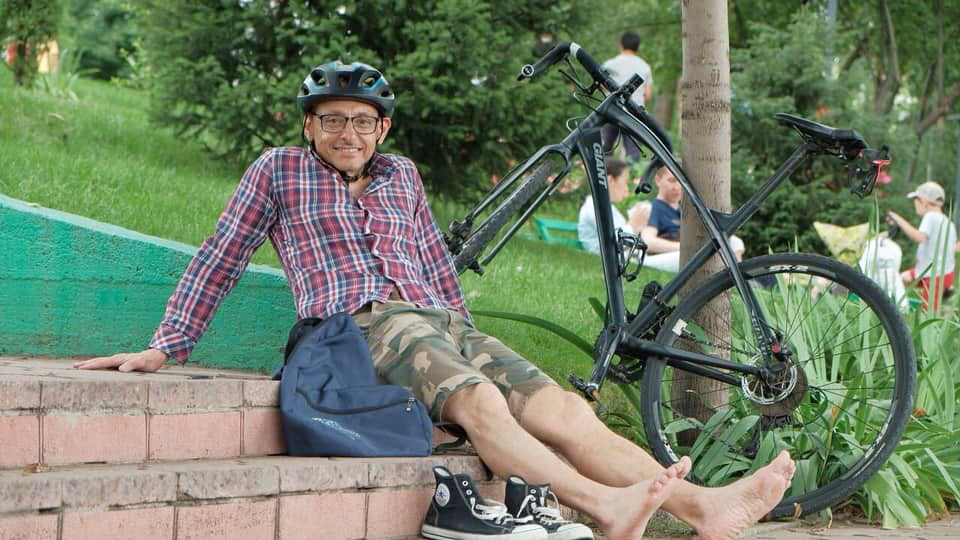
You have travelled extensively and lived abroad for a long time. What have you learned that you can share?
Humanism. I feel that nothing opens your heart and mind like foreign travel. As a child of the first global civilisation the world has ever seen, indeed, I feel grateful for the travel opportunities. In spite of the stress that comes with travel, it would be easy for me now to do it all over again because from my scientific observations I learned that part of staying youthful is to revert back mentally or physically, to your juvenile stage of maturing from time to time.
What advice would you offer to anyone that wants to live here?
Life begins when you start to live it. So, I would say, start living in Thailand. However, Covid-19 transformed many things. Pre-covid19, I would say do what the Thais do – say sorry when you make a mistake and smile. However, SARS-Cov2 nudged our evolutionary path more towards entropy, probably to correct that path. Thus, from this perspective, I think the biggest challenge for all of us now is how to co-exist with the virus, and try to make a difference in how we can help the world reduce its collateral damage.


